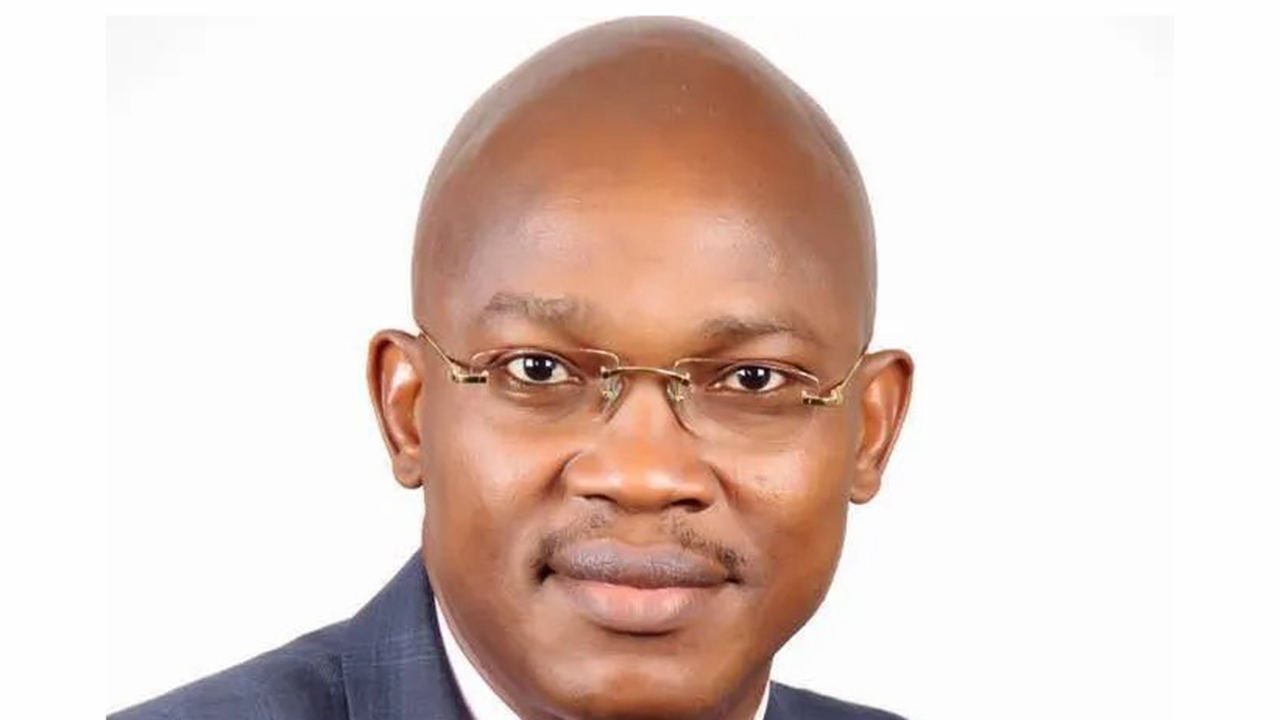
Global property hits $613tr in 2023, Lagos values N12tr
President of the Nigerian Institution of Estate Surveyors and Valuers (NIESV), Victor Alonge, has regretted that since independence over six decades ago, the most populous black nation has yet to undertake a credible valuation of its national assets.
Speaking at an event to mark the 2024 International Valuation Day yesterday in Abuja, Alonge explained that asset valuation was key to unlocking potential and identifying inherent resources for the benefit of future generations.
His words: “Nigeria sits on gold, but because it is not polished, it appears to the untrained ones as dust. We want to act as a catalyst for improved understanding for us to join many other countries in ensuring proper professional valuation of her land and property assets.”
The NIESV boss hinted that the total value of global property was $613.30 trillion, with the global stock market accounting for $109 trillion as of 2023, yet Nigeria does not know the value of its real estate assets.
He charged the Federal Government to assess the “value of our national real estate assets, as it would help in meaningful national planning.”
Alonge stated that the Nigerian economy requires that various components look more closely at the huge benefits.
“We are using this year’s Valuation Day celebration to remind Nigerians that Nigeria became the first country in Africa to domesticate the International Valuation Standards when it launched the Nigeria Valuation Standards, otherwise called The Green Book,” he noted.
The professional, therefore, explained that the World Bank has since adopted the standards for the valuation of funded infrastructural projects, while the valuation reports of Nigerian valuers that comply with best global practices are currently accepted by international financial organisations.
SIMILARLY, Director, Lagos State Valuation Office (LASVO) Kunle Awolaja, yesterday, put the assets of Nigeria’s economic capital in the region of N12 trillion, underscoring valuation in governance as key to attracting foreign direct investments (FDIs) and promoting economic growth.
In his address, titled “Importance of asset valuation in financial stability” to commemorate the global celebration, organised by the Lagos branch of NIESV, Awolaja said the state government has been at the forefront of ascertaining the value of its assets under the new international standard that requires that all government properties must be properly valued and included in the financial statement for accounting and transparency purposes.
According to him, the state government started fulfilling the mandate in phases in 2017.
He said: “For us in the Valuation Office and the Accountant General Office, we have been able to capture over N4 trillion worth of assets, including some of our infrastructure assets and put them in a financial statement. But it is an ongoing effort and the state government is leading in that direction among states.”
Chairman of Lagos NIESV, Gbenga lsmail, said the occasion was an advocacy and awareness campaign on the importance of valuation, and more importantly, asset management and utilisation.
He added that the institution intends to get the government to recognise the importance of the process and make it a regular occurrence yearly.
Ismail said valuation is critical to maximising returns on investments.
Special Adviser to the Governor on Housing, Ayodeji Amodu, said the government is ensuring the ease of getting approvals on the property with the new policy of a 90-day window for people to submit documents for building approvals, in addition to the recently launched E-GIS for documentation of titles.
He urged residents to follow due necessary, as the government moves to sanitise the business environment.






